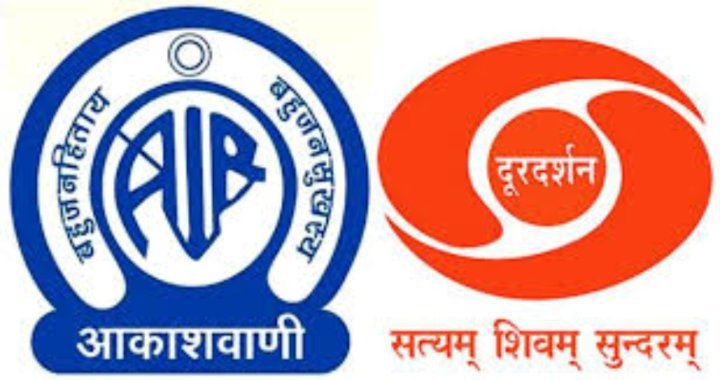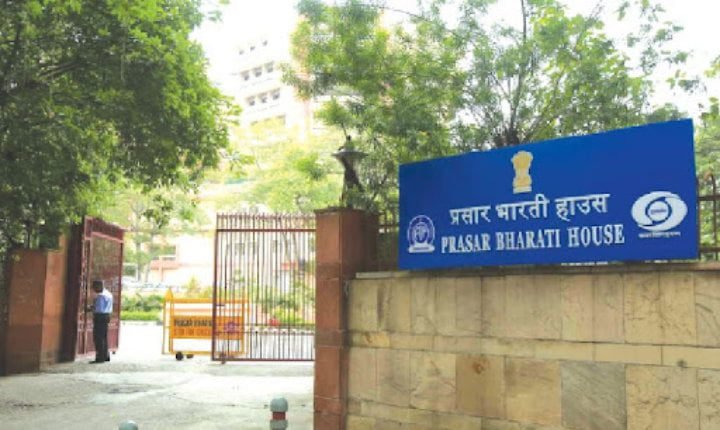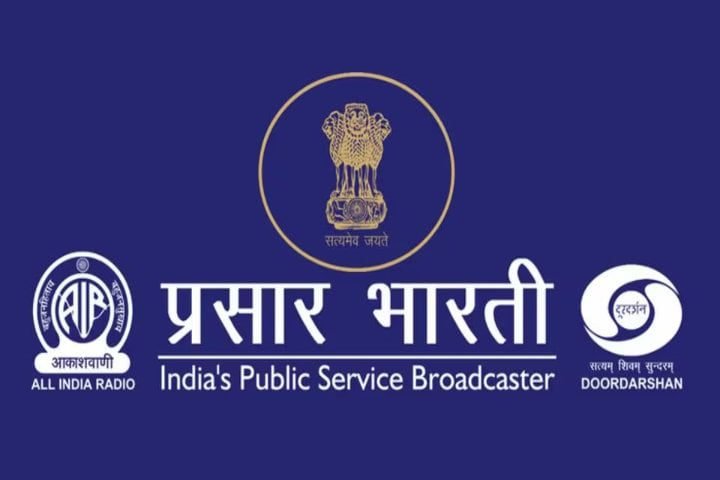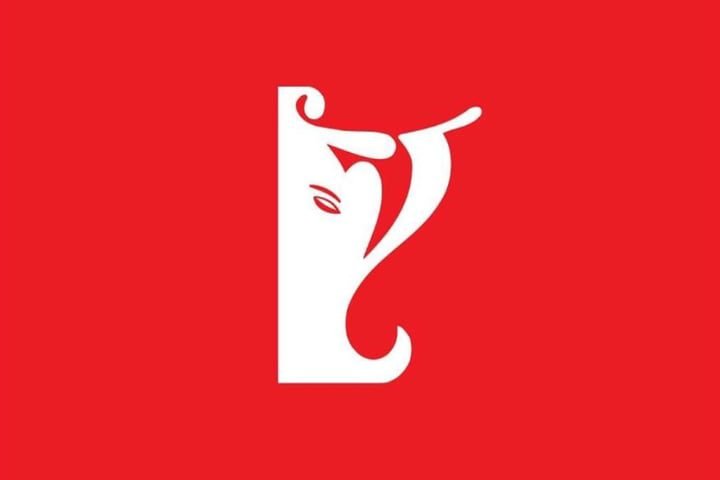Prasar Bharati Act
Traditionally, the government largely controlled broadcasting services in India in the absence of any law regulating public broadcasting. As a result, various facets of society argued that India’s government ought to grant public broadcasting the same autonomy as other nations.
In This Article
Owing to the growing demand, the Parliament of India passed an Act to grant this autonomy in 1990, which was enacted on September 15, 1997. The Prasar Bharati Act is a significant piece of legislation in India that established the Prasar Bharati Broadcasting Corporation as an autonomous body to oversee the functioning of the public service broadcasters, namely, All India Radio (AIR) and Doordarshan.


The primary objective of the Prasar Bharati Act was to ensure the autonomy and independence of these broadcasting entities from any governmental or political interference and to enhance their credibility as public service broadcasters.
Under the Prasar Bharati Act, the organization is entrusted with the task of providing impartial and comprehensive broadcasting services to inform, educate, and entertain the diverse population of India.
Furthermore, this act outlines the governance structure of Prasar Bharati, with provisions for a board consisting of eminent individuals from various fields. This board is responsible for overseeing the functioning and policies of Prasar Bharati, ensuring transparency and accountability.


Key Features and Provisions of the Prasar Bharati Act
- Autonomy and Independence:
- The Act aimed to grant All India Radio and Doordarshan autonomy by creating Prasar Bharati as an autonomous corporation.
- The Act intended to insulate the functioning of these broadcasters from government interference, allowing them to operate as independent public service media organizations.
- Constitution of Prasar Bharati:
- Prasar Bharati was established as a corporate body with its own board.
- The Act outlines the composition of the Prasar Bharati Board, which includes a Chairman, an Executive Member (Chief Executive Officer), a Member (Finance), and a maximum of ten part-time members.
- The President of India appoints the chairman. The last chairperson of Prasar Bharati was Dr. A. Surya Prakash. The
- Functions and Powers:
- Prasar Bharati is entrusted with the responsibility of broadcasting public service programs to inform, educate, and entertain the public.
- The Act gives Prasar Bharati the power to acquire, hold, and dispose of property, enter into contracts, and sue and be sued in its own name.
- Funding:
- Prasar Bharati is financially independent, and the Act outlines its funding sources. These include revenue generated from broadcasting services, grants-in-aid from the government, and funds raised through other means.
- The budgetary allocation to the Prasar Bharati in 2023, was Rs 2,808.36 crore.
- Editorial Independence:
- The Act emphasizes the editorial independence of Prasar Bharati, ensuring that decisions related to content and programming are made without external influence.
- The Board is responsible for safeguarding the autonomy and integrity of the public service broadcasters.
- Review by Parliament:
- The Act stipulates that Prasar Bharati must submit an annual report to the President of India, which is then laid before both Houses of Parliament for scrutiny.
- Amendments:
- Over the years, there have been discussions and proposals to amend the Prasar Bharati Act to address various issues and enhance the effectiveness of public broadcasting in the country.
Prasar Bharti has also been credited with reforms in public broadcasting in India. Obsolete technologies are being replaced with new ones; for instance, more than 1200 old-technology analog transmitters have been phased out, and 23 digital transmitters have been installed at 19 locations nationwide. The number of satellite channels increased from 23 to 36 between 2017 and 2021.
Prasar Bharti was subscribed to the Press Trust of India (PTI) for its daily news feed requirements. However, on February 14, 2023, Prasar Bharati signed an exclusive contract with Hindusthan Samachar News Agency for wire services for Rs 7.7 crore for a period of two years until March 2025.
Hindusthan Samachar will provide at least 100 daily news stories to Prasar Bharati, including a minimum of 10 national and 40 local news stories in regional languages.
Government critics view the decision to replace PTI as the primary news source with the Hindusthan Samachar as an effort to weaken the independent media further, which is crucial to the government. However, the government’s view is to encourage nationalistic media to support the nation’s growth. Kindly share your views in the comment box and on the Facebook Page of Indian Media Studies for continued discussion.




